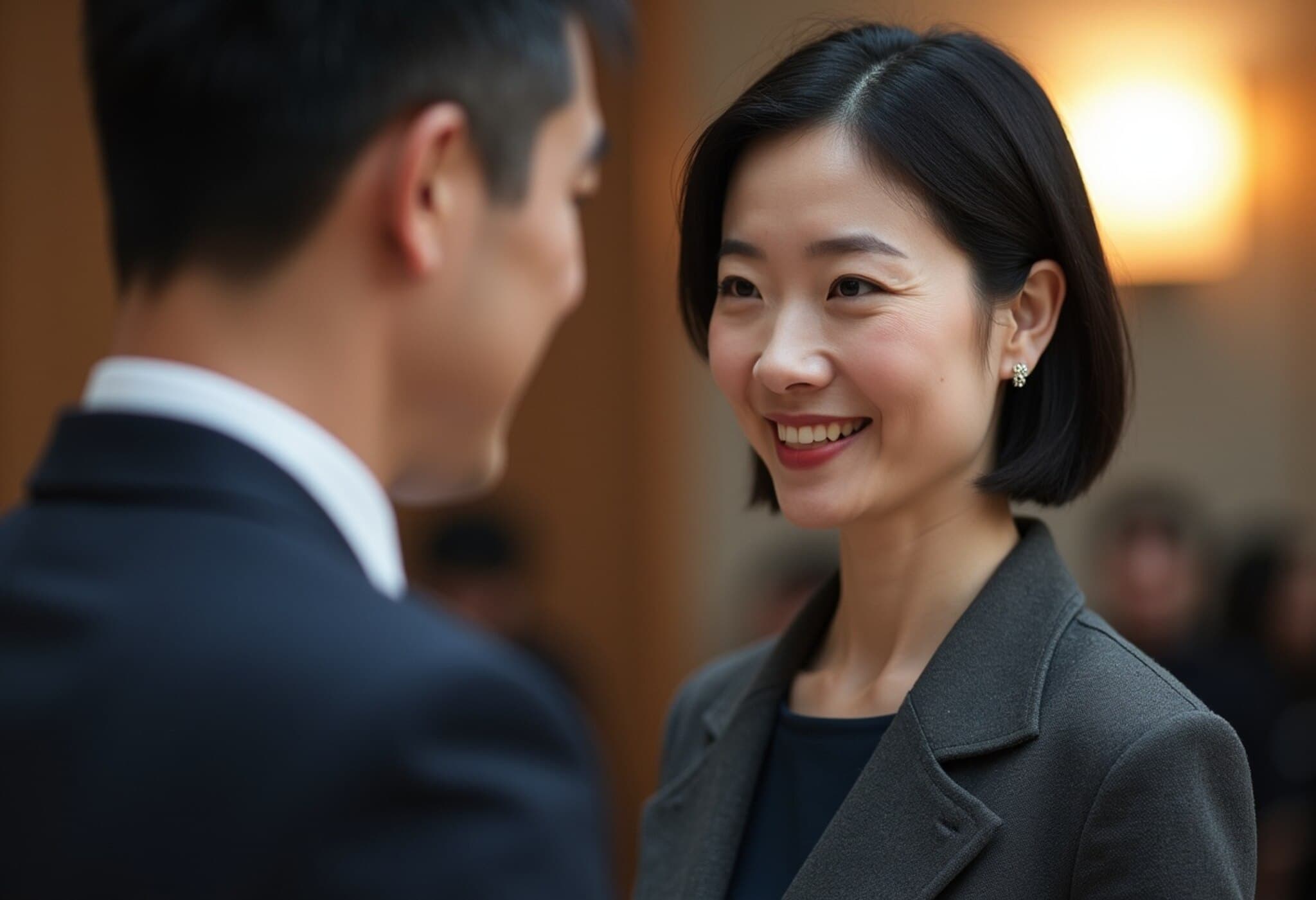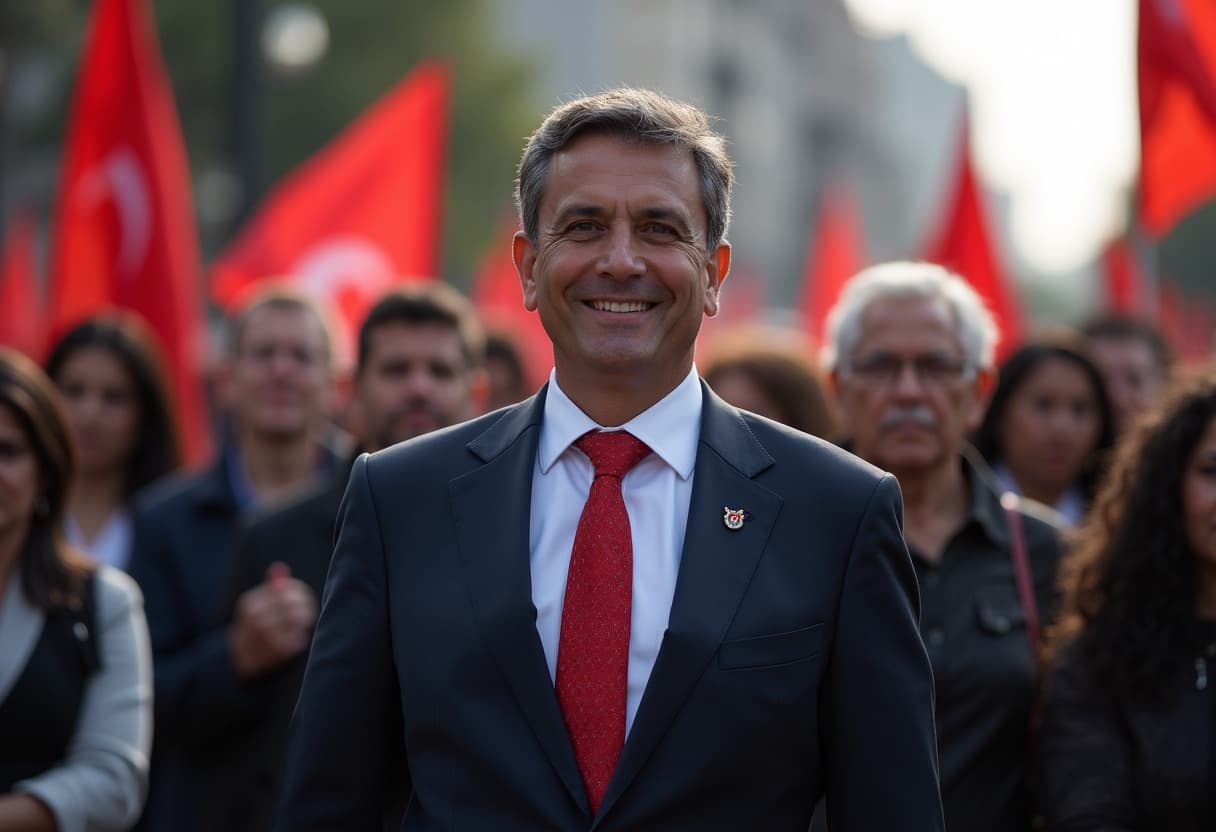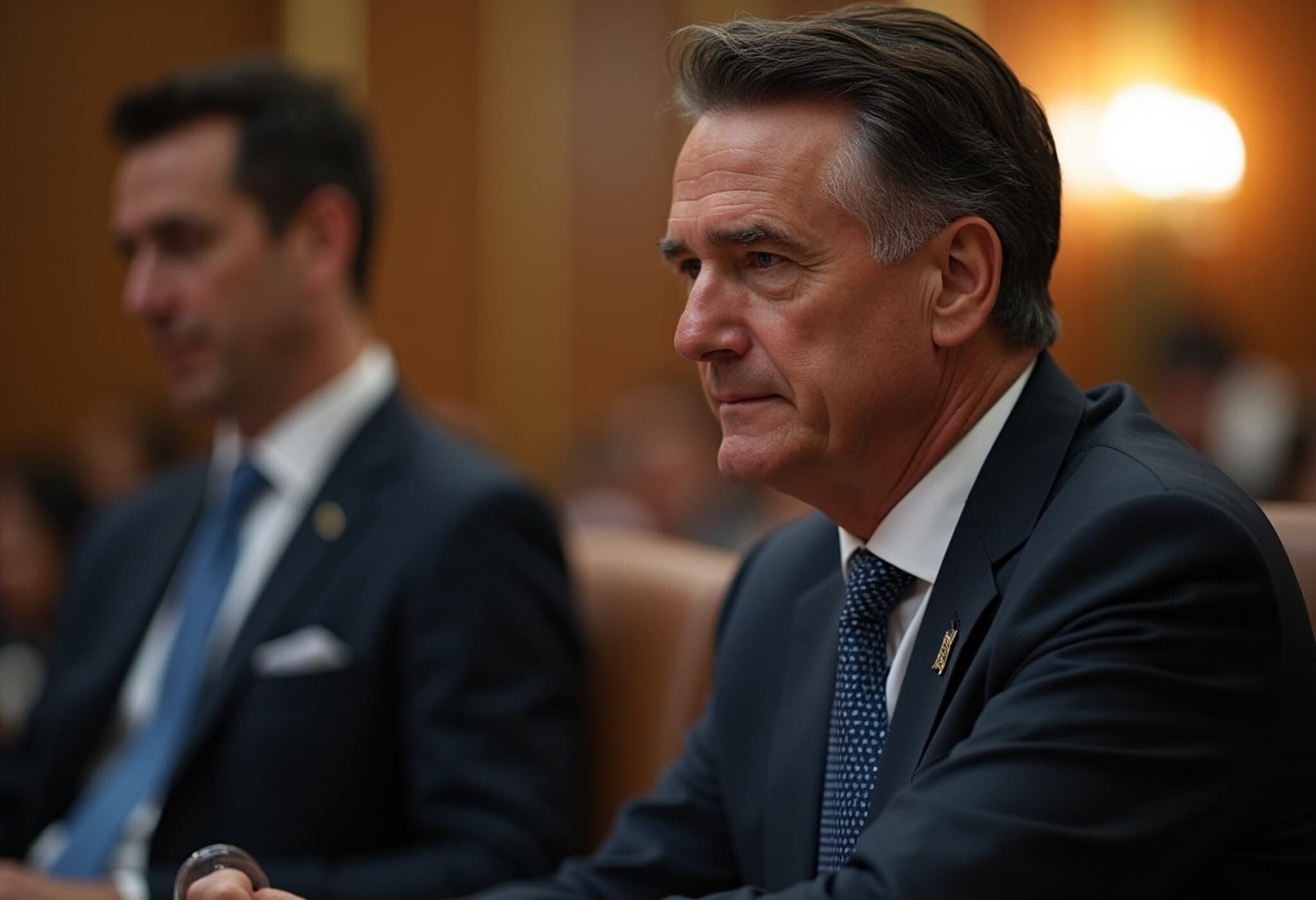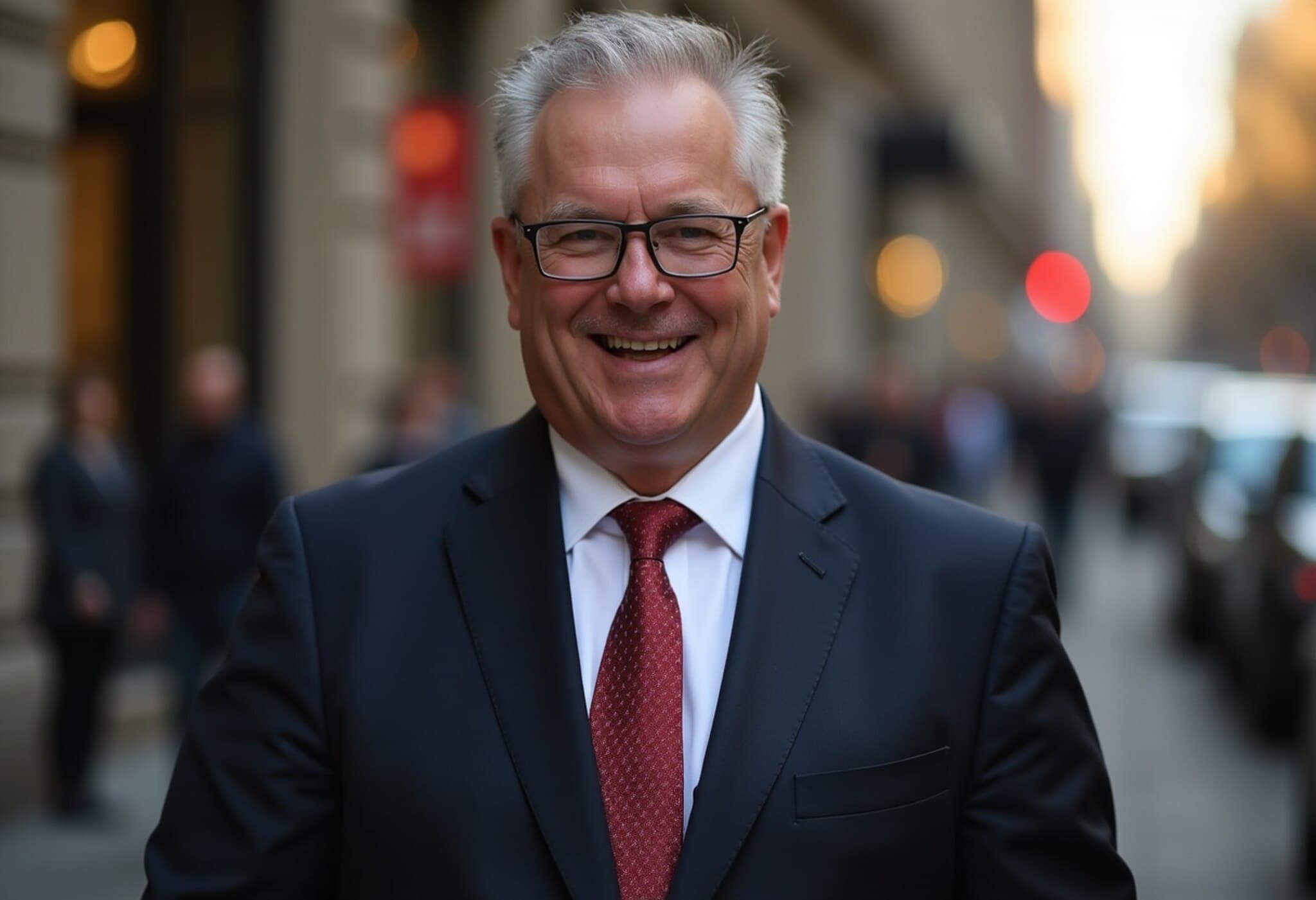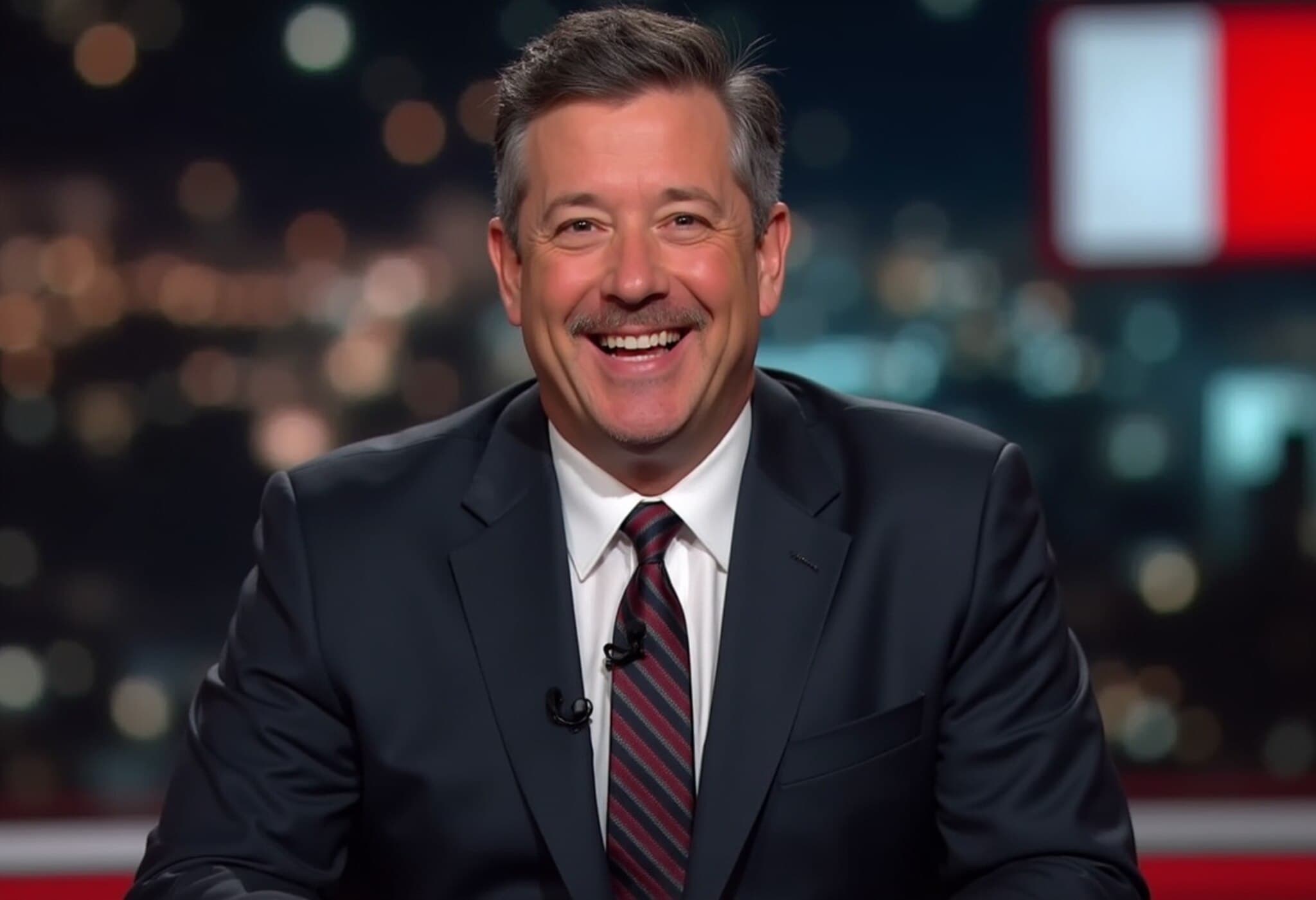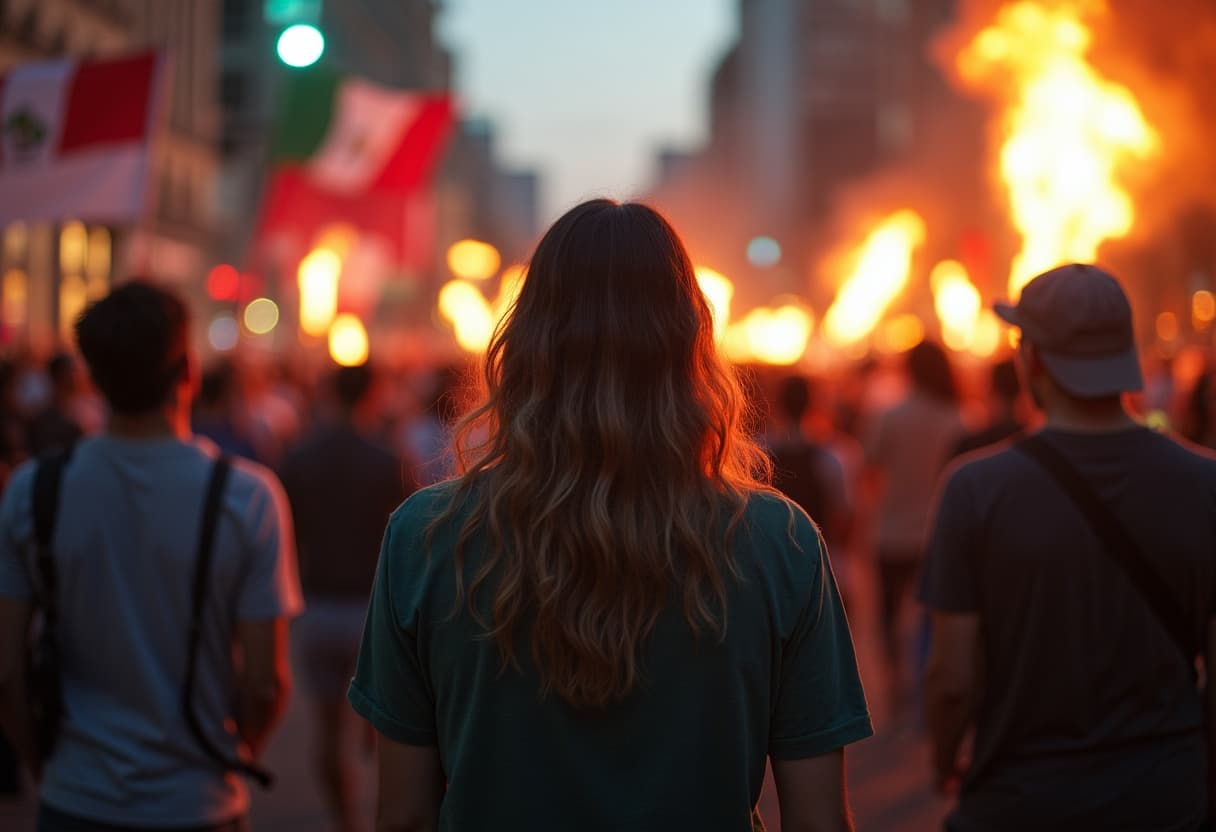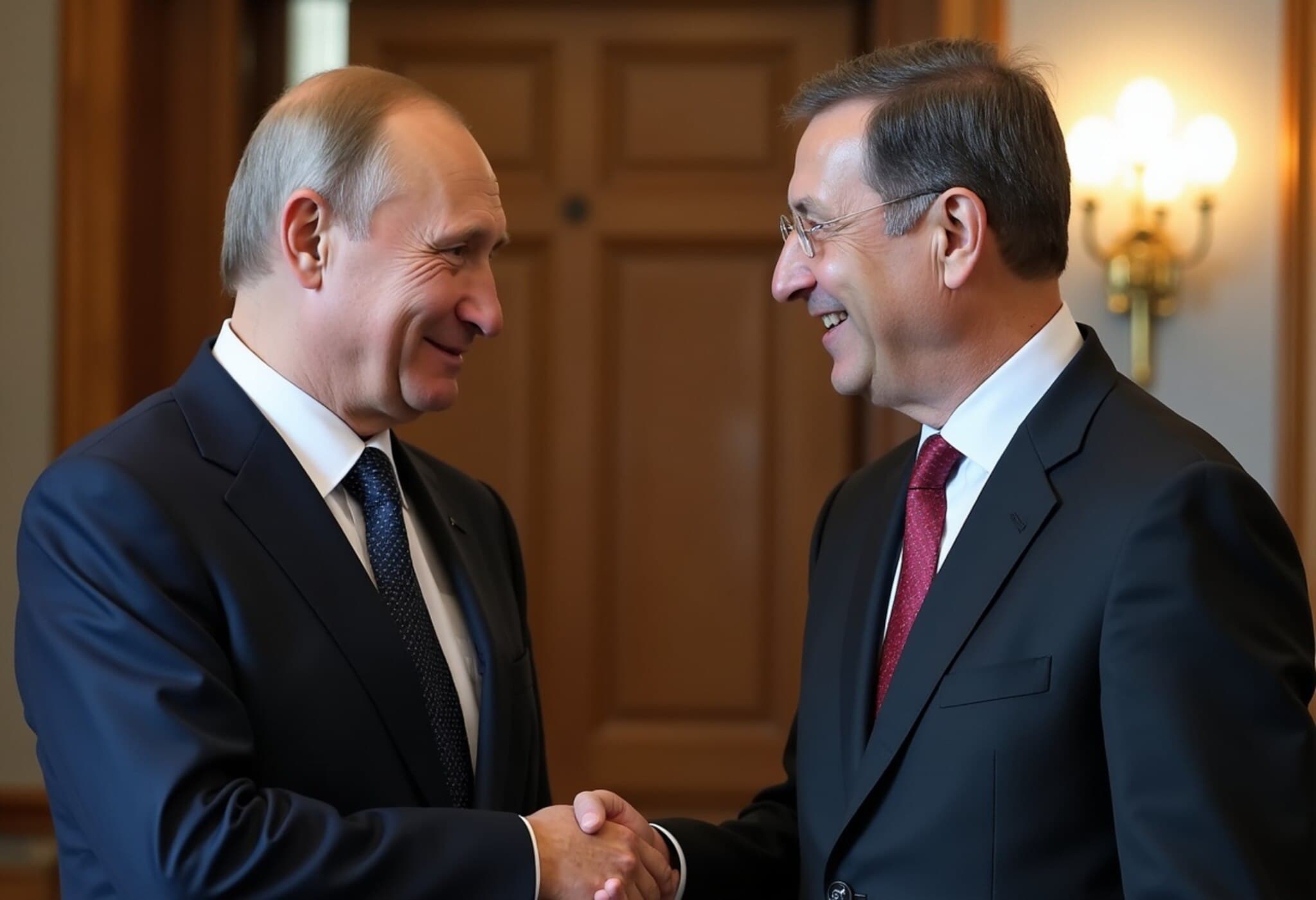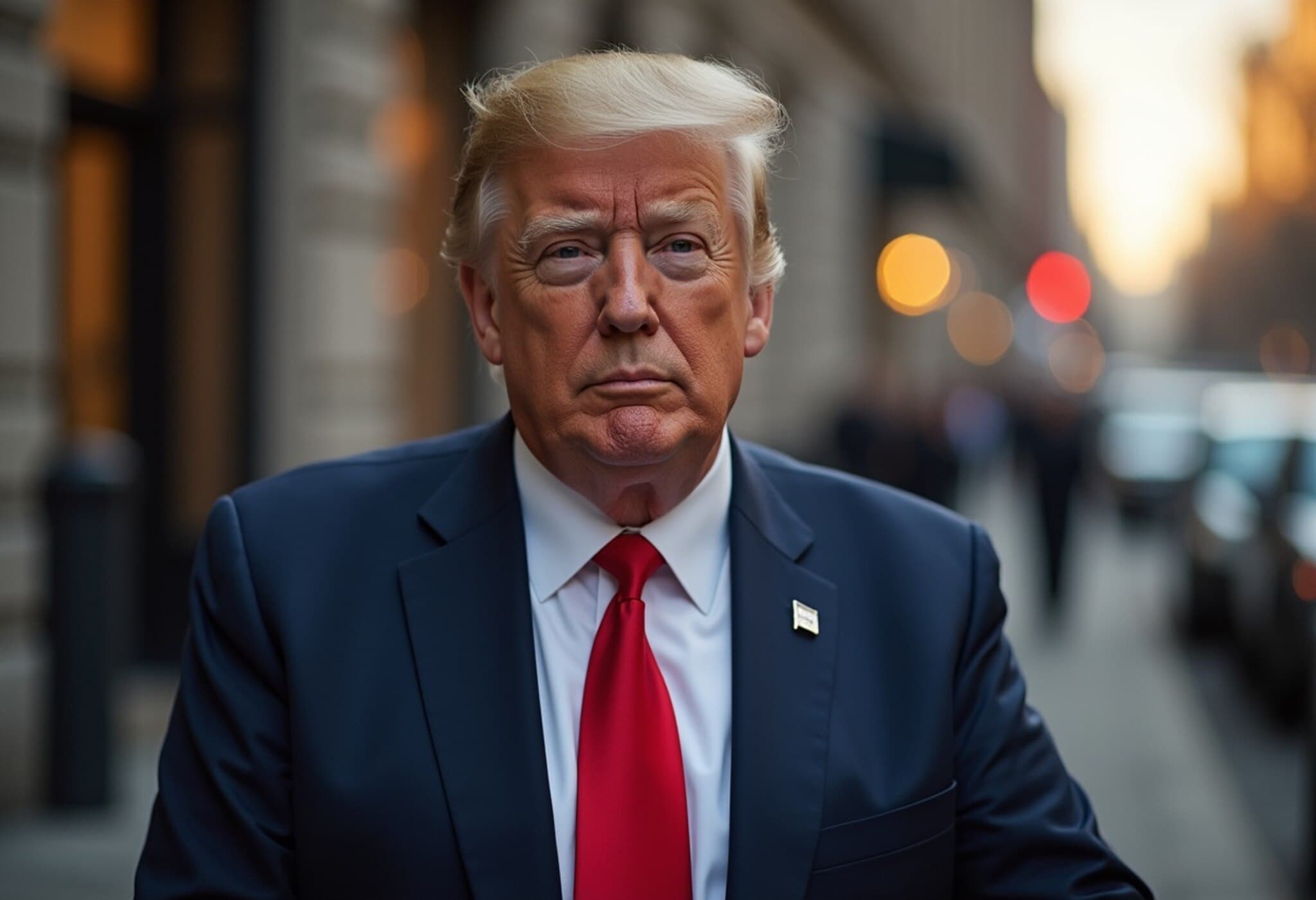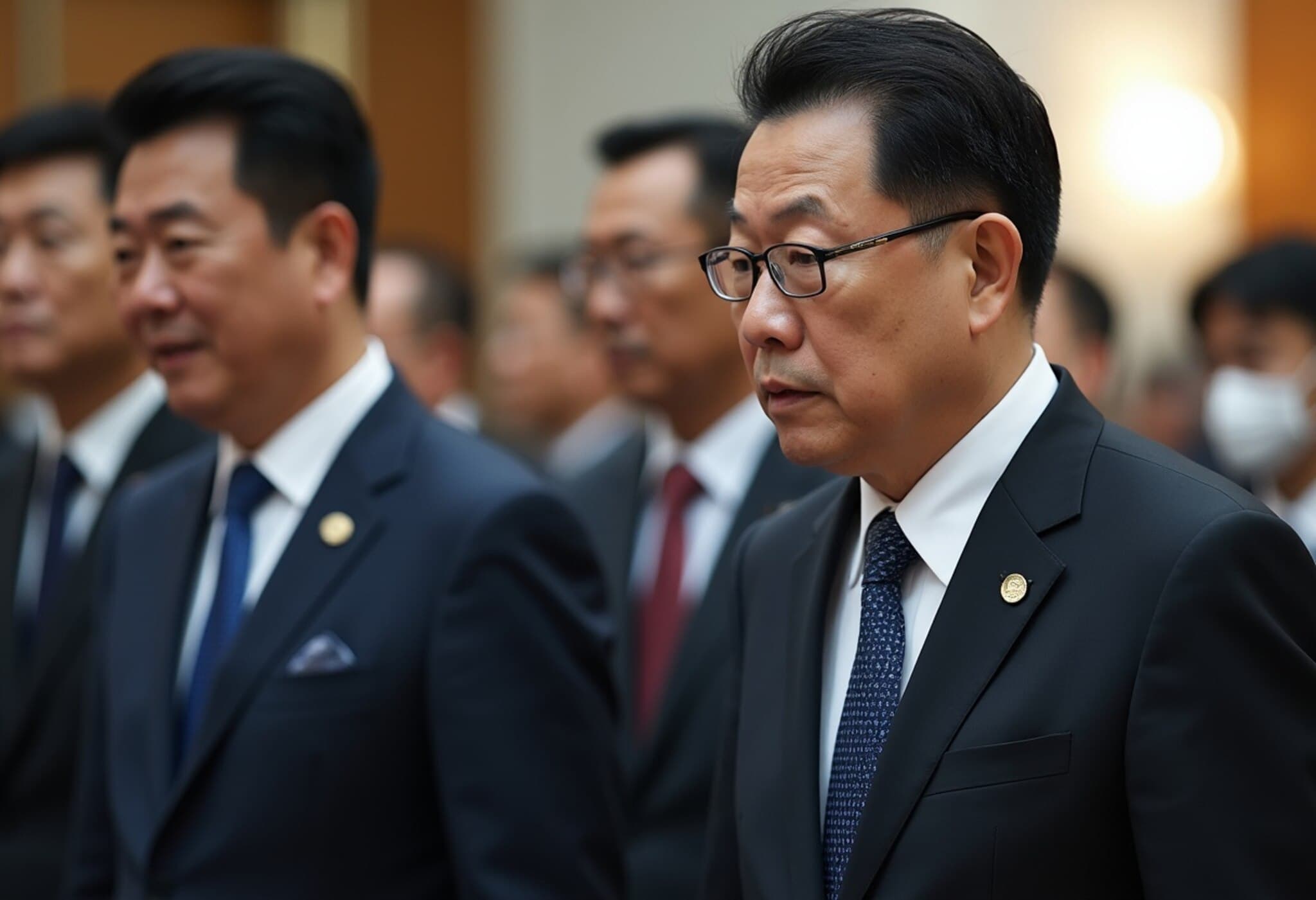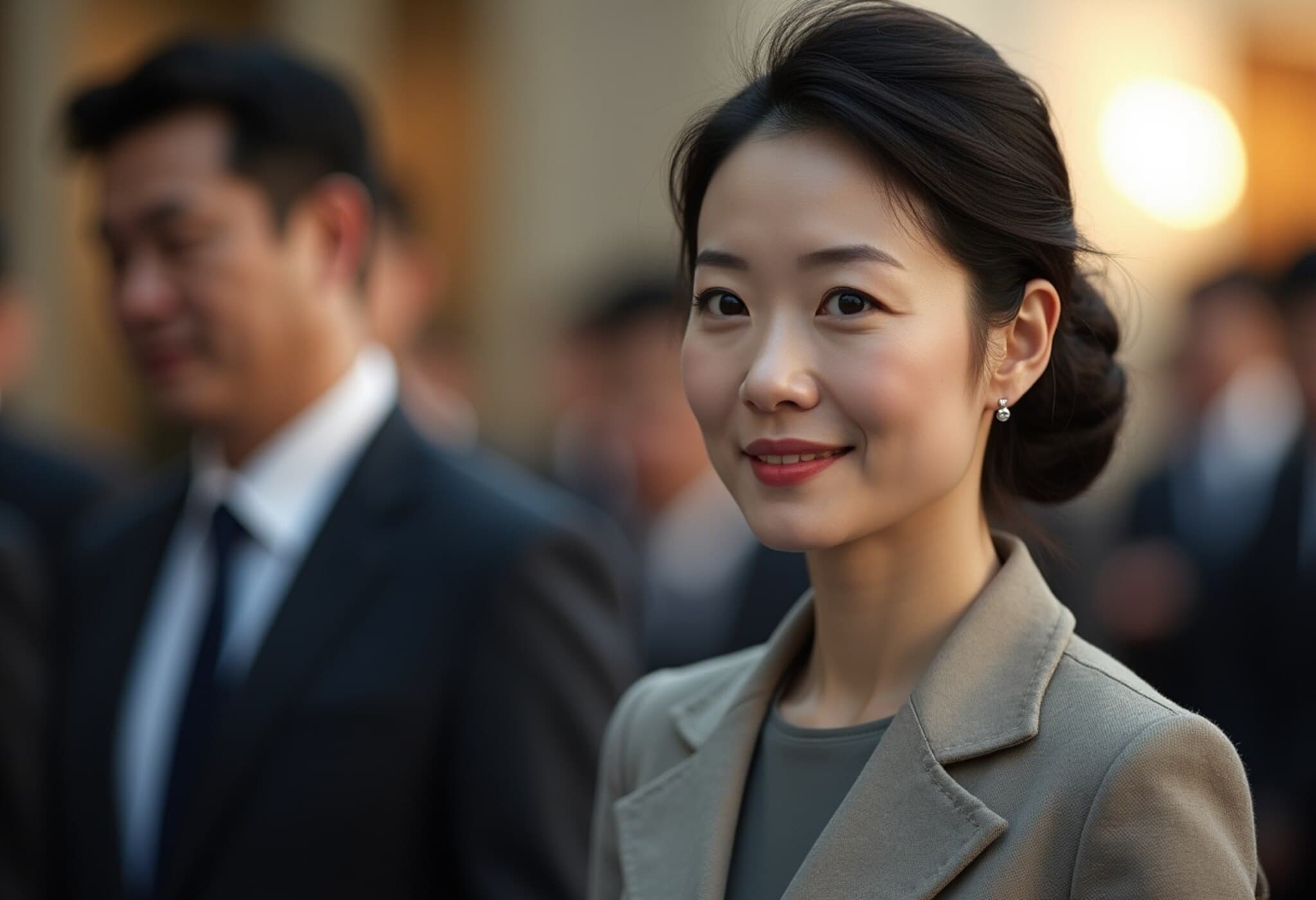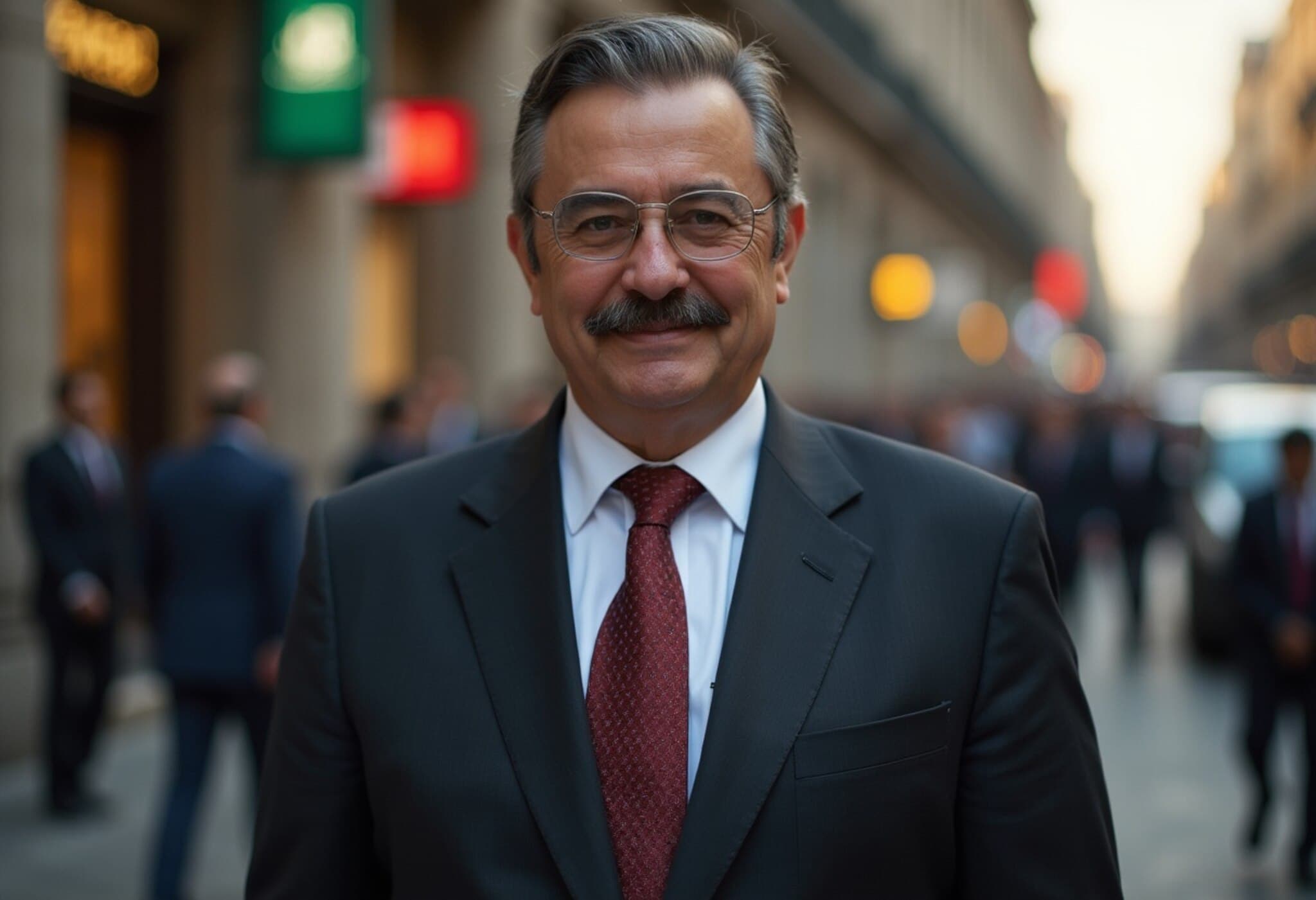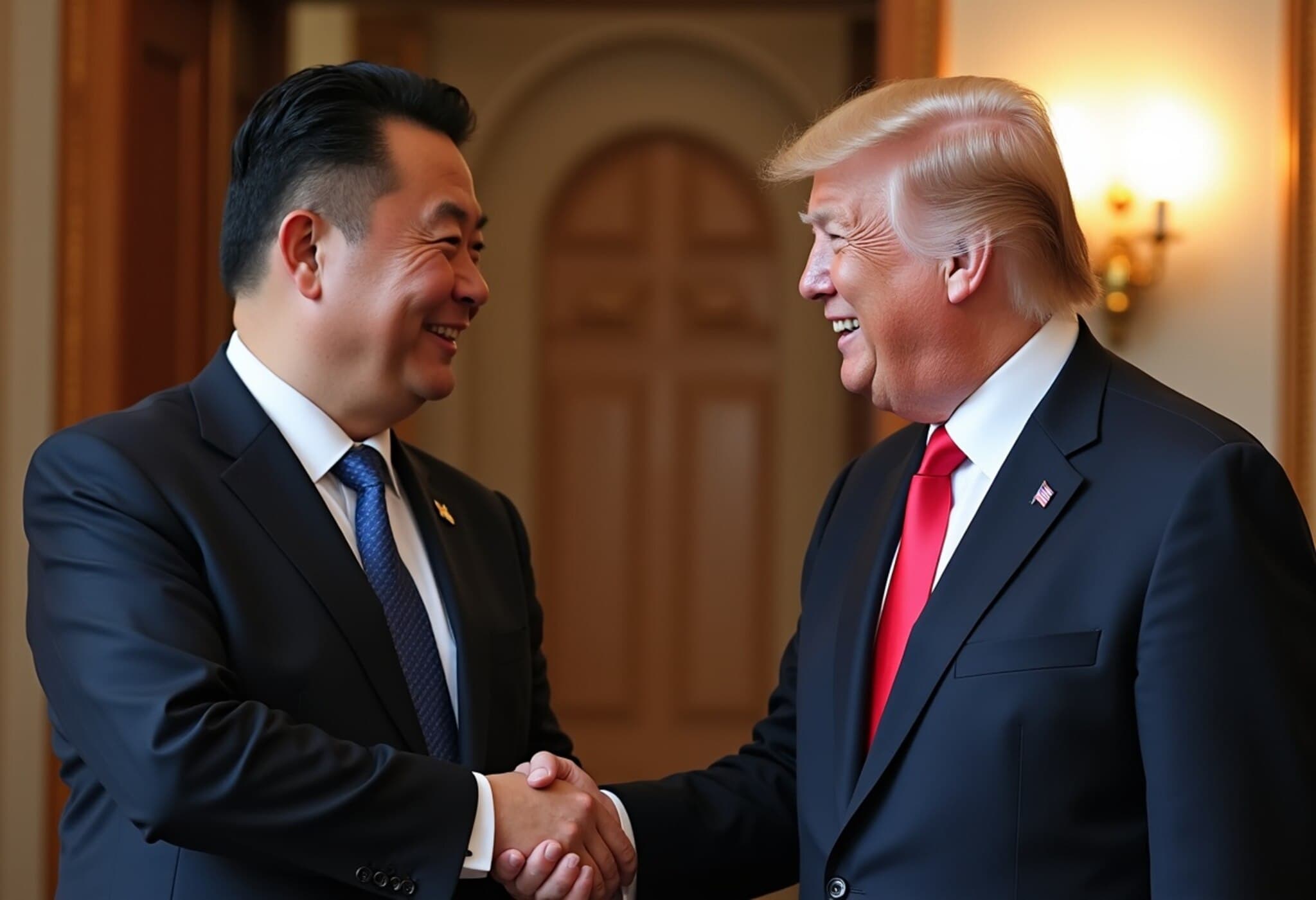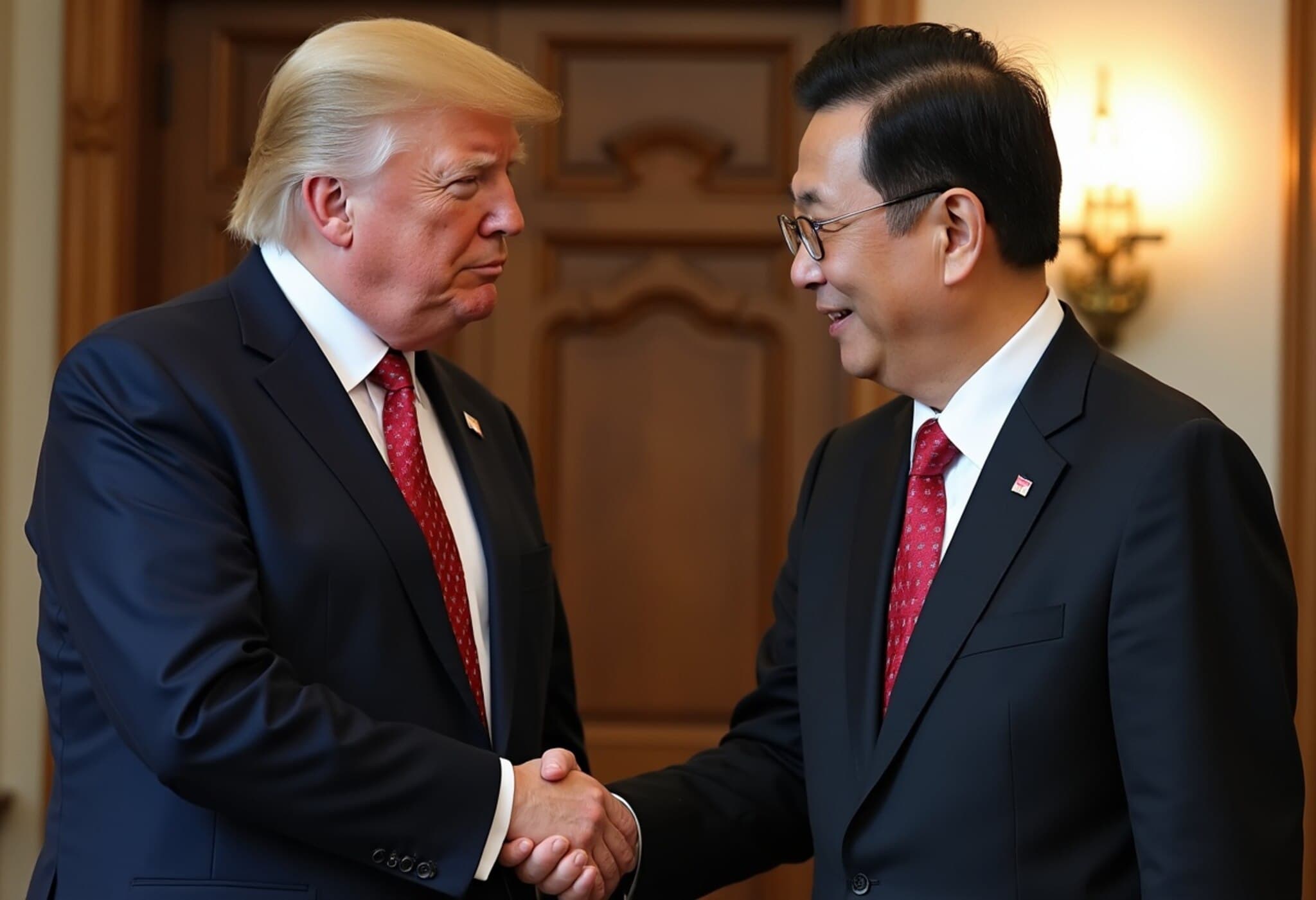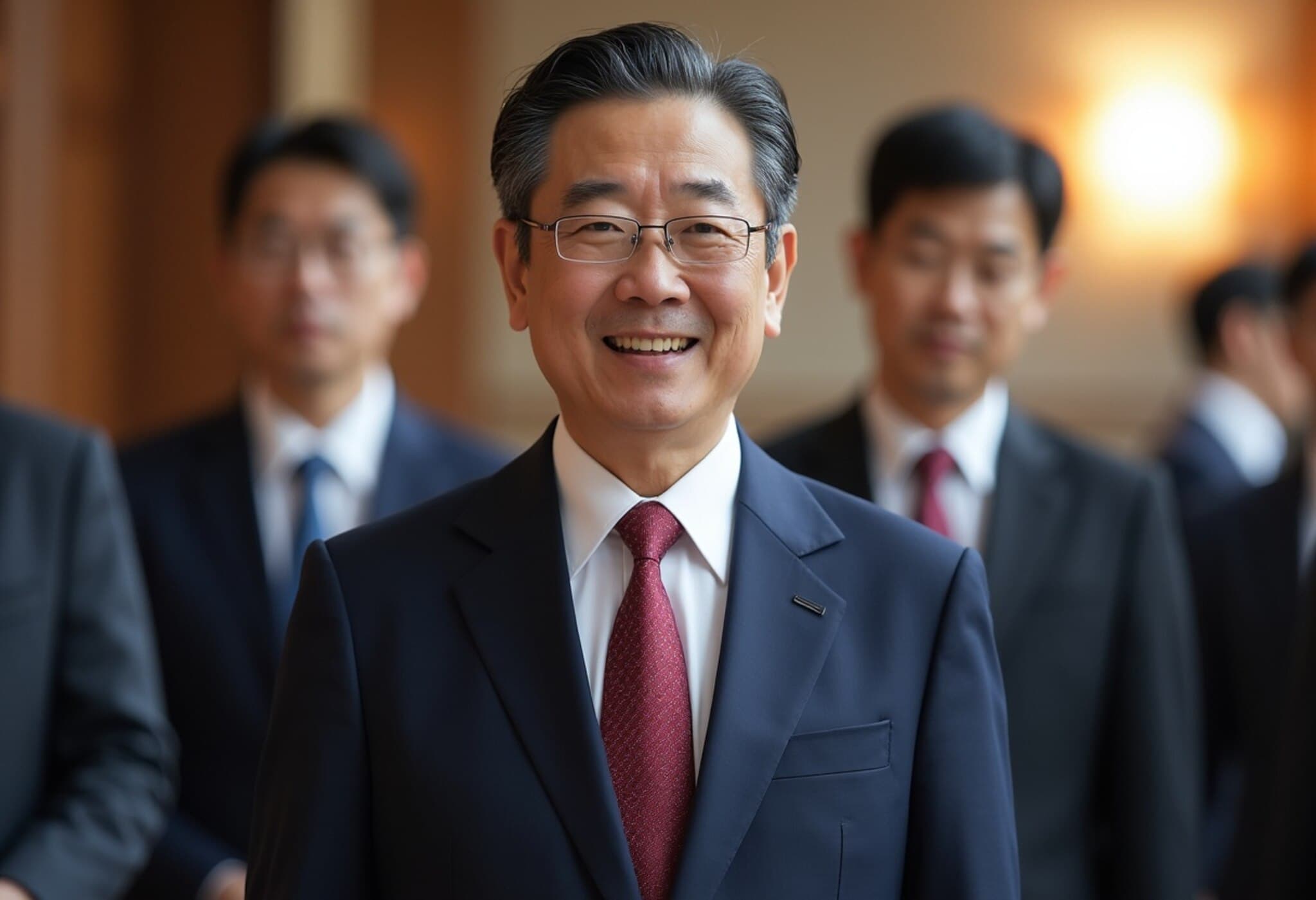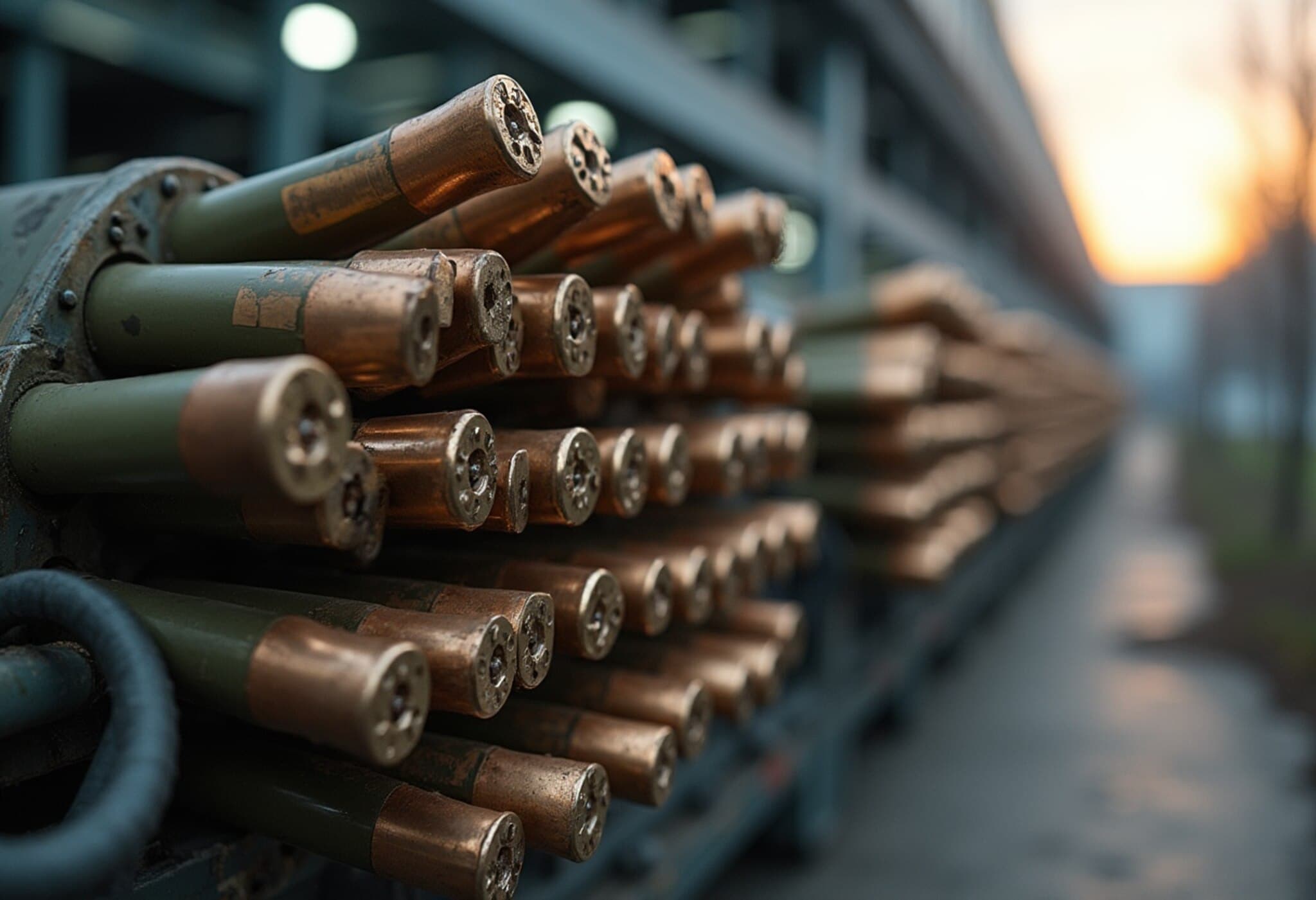Former South Korean Leaders Face Serious Charges in Political Turmoil
In a sweeping development that has sent ripples throughout East Asia, South Korea’s former Prime Minister Han Duck-soo and ex-first lady Kim Keon Hee have been formally indicted, marking one of the most significant legal actions against high-profile political figures in recent years.
Charges Against Han Duck-soo: Alleged Role in Martial Law Attempt
Han Duck-soo stands accused of abetting the attempted imposition of martial law orchestrated by ousted President Yoon Suk Yeol in December 2024. According to investigative reports from South Korea's Yonhap News Agency, the charges against Han include not only this grave allegation but also perjury, falsifying and destroying official documents, along with other related offenses.
The martial law declaration by Yoon was short-lived and provoked widespread public outcry, culminating in his impeachment earlier this year. The stakes are high; abetting insurrection carries a maximum penalty as severe as death under South Korean law, underscoring the legal gravity of these proceedings.
Kim Keon Hee’s Indictment: Corruption and Bribery Allegations
Meanwhile, Kim Keon Hee, the former first lady and wife to Yoon Suk Yeol, faces a separate set of corruption charges. Prosecutors allege that she was involved in funneling funds toward a stock manipulation scheme. Additionally, Kim is suspected of accepting free opinion polling services during the 2022 presidential campaign, a move that raises questions about electoral fairness.
Further complicating matters, allegations have surfaced regarding Kim receiving luxury gifts from the Unification Church—a religious organization with controversial ties—in exchange for business favors during 2022. This relationship highlights the often complex interplay between politics, religion, and business in South Korea, igniting broader debates on transparency and influence.
Political Backdrop: President Lee Jae Myung’s Clampdown
These indictments coincide with President Lee Jae Myung’s authorization earlier this year for investigations into Yoon’s martial law declaration and related allegations against his inner circle, including Kim. Lee’s administration appears determined to uncover the depth of corruption and misuse of power, signaling a broader push for accountability following a turbulent political chapter.
National investigations have extended beyond Seoul, probing into facilities like Osan Air Base, a critical joint military installation operated by both South Korea and the United States, highlighting concerns over the intertwining of military, political, and intelligence matters.
International Reactions: US-South Korea Relations Under Scrutiny
The unfolding saga has attracted international attention, particularly from the United States. Former President Donald Trump publicly expressed alarm over the aggressive investigations, characterizing them as a "purge" or "revolution" that could destabilize bilateral ties and business relations.
During a recent meeting with President Lee, Trump tempered his rhetoric, referring to earlier comments as a possible misunderstanding. Nevertheless, the controversy regarding "vicious raids on churches" and military sites like Osan Air Base reveals the tense undercurrents affecting US-South Korea relations amidst internal Korean political upheaval.
Critical Questions and Broader Implications
- What precedent might these indictments set for future political accountability in South Korea?
- How will these events influence public trust in government institutions and the judicial system?
- What are the potential ramifications for South Korea’s international partnerships, especially with the United States, given the military base investigations?
- Could this push for transparency spark reform that addresses corruption and undue influence in South Korea's political landscape?
These developments resonate deeply within South Korea’s democracy and offer a stark reminder of the delicate balance between power, accountability, and civil liberties.
Editor’s Note
This intense legal pursuit highlights a pivotal moment in South Korea’s modern political history. While the charges against former leaders aim to underscore justice and deterrence, it also signals the need for vigilance over democratic processes and institutional checks. Readers should observe how these cases unfold in court, the implications for South Korea’s governance reforms, and the evolving US-Korea partnership amidst growing geopolitical challenges in the region.

